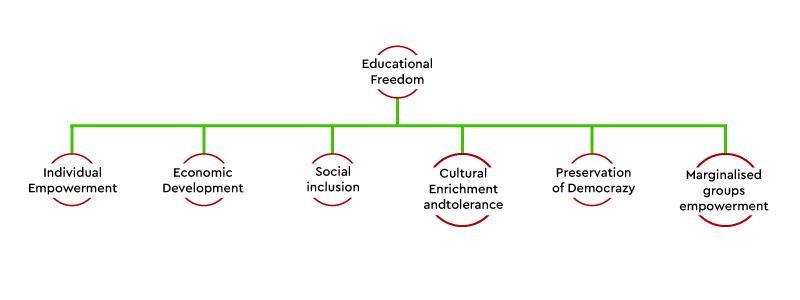Jay Galbraith's star model provides a comprehensive view of organizational elements for alignment. However, understanding the 'what' is not enough; we need to address the 'how.' Crafting effective organizations is intricate, requiring a process that's holistic, inclusive, and rigorous. The four-milestone organization design process meets these criteria and offers a valuable approach to this work. In the first milestone, the business case and discovery phase, pinpoint the problem, the organizational implications of the strategy, and the gap between your current state and desired destination. Milestones two and three, strategic grouping and integration, are often intertwined. Establish a foundational structure that aligns with the strategy and create linkages across boundaries. This phase involves collaboration among a diverse group to evaluate options and develop testable prototypes. After constructing the organizational model, the fourth milestone guides the alignment of talent with the organization. Avoid designing around individuals but remember that excellent personnel are crucial for success. The final milestone focuses on transitioning from the current state to the future state, learning and adapting along the way. Employ the design process to shape the envisioned organization.

First Milestone: Mapping Strategic Priorities
Initiating organization design with a clear strategy is essential. Strategy defines goals, charts the path to success, and guides growth and competition choices. Your organization serves as a mechanism to achieve the strategy, not the goal itself. While expertise in strategy isn't vital for organization design, leadership's strategic choices and competitive advantages are key. To bridge the gap between strategy and organization, McKinsey's Three Horizon model can be a powerful tool. This model, encompassing profitability and time on its axes, outlines strategic horizons: extending and defending the Core Business, moving to adjacent spaces, and creating new growth platforms. By aligning organization design with strategy, you breathe life into your aspirations.
Second Milestone: Crafting Organization Structure
All organizations consist of four structures: Function, product, geography, and customer. These structures can be layered and interconnected to form various combinations. As structure influences power dynamics, it is vital to comprehend how structural choices impact behavior and decisions. While smaller firms may manage with team design, complex global companies necessitate organization design. Vertical and horizontal dimensions are equally crucial – the flow of information and decisions from corporate to field matters. In an era of rapid decision-making, clear strategies and priorities are vital. The 20th-century model of top-down decision-making is outdated; engaging employees in solving problems and innovating is paramount. Distinguish between operational, integrative, and strategic time horizons for effective empowerment.
Third Milestone: Clarifying Decision Rights
Superior and swift decision-making is a hallmark of successful organizations. Key decisions are pivotal conversations that shape business outcomes. The challenge arises when multiple valid perspectives exist. Unclear decision-making processes lead to negative power dynamics and arbitrary outcomes. To address this, adopt structured collaboration instead of consensus. Enable a designated role, the 'golden vote' holder, to make decisions while considering all viewpoints. Anticipate tension areas and design conversations for effective decision-making. This process streamlines decisions that hinge on trade-offs across different objectives. Efficient decision-making is integral to organizational success. Daily decisions collectively shape business performance. While designing your organization, you are architecting the conversations that result in critical decisions. The absence of clarity in decision-making processes leads to power struggles, arbitrary outcomes, and political dynamics. Especially in complex organizations, decisions need input from diverse perspectives to balance competing objectives. Embrace structured collaboration instead of consensus. Assign the 'golden vote' to a designated role for better decision-making quality and speed. Anticipate conflict areas and design discussions to resolve them efficiently.
Fourth Milestone: Aligning Talent with Organization
Talent and organization are intricately linked, driving overall success. Building great leaders is integral to effective organization design. Design with the future in mind and create a roadmap for hiring, promotions, and development. Avoid designing solely around individuals, as organizational quality has a more significant impact on performance than individual competence. Identify pivotal roles, like pivot roles, that directly interact with customers or bridge boundaries. These roles wield substantial influence and impact. Design roles to attract and nurture exceptional talent, considering empowerment and meaningfulness. Align motivation with roles for enhanced engagement. Understand the different preferences and motivations of your employees to create a thriving organization.
In conclusion, the four milestones provide a holistic framework for organization design. By aligning with strategy, crafting effective structures, clarifying decision-making processes, and aligning talent, organizations can navigate the complex terrain of today's business landscape.
About the Author
Dr. Parthiban Vijayaraghavan is an expert in solving an organization's complex problems through accurate diagnosis, designing, innovation, agility, and execution excellence. He is also expertise in Decision Making Process, Leadership Communication, OD, Learning Strategies, and implementation, He is a Certified OB/OD Professional.